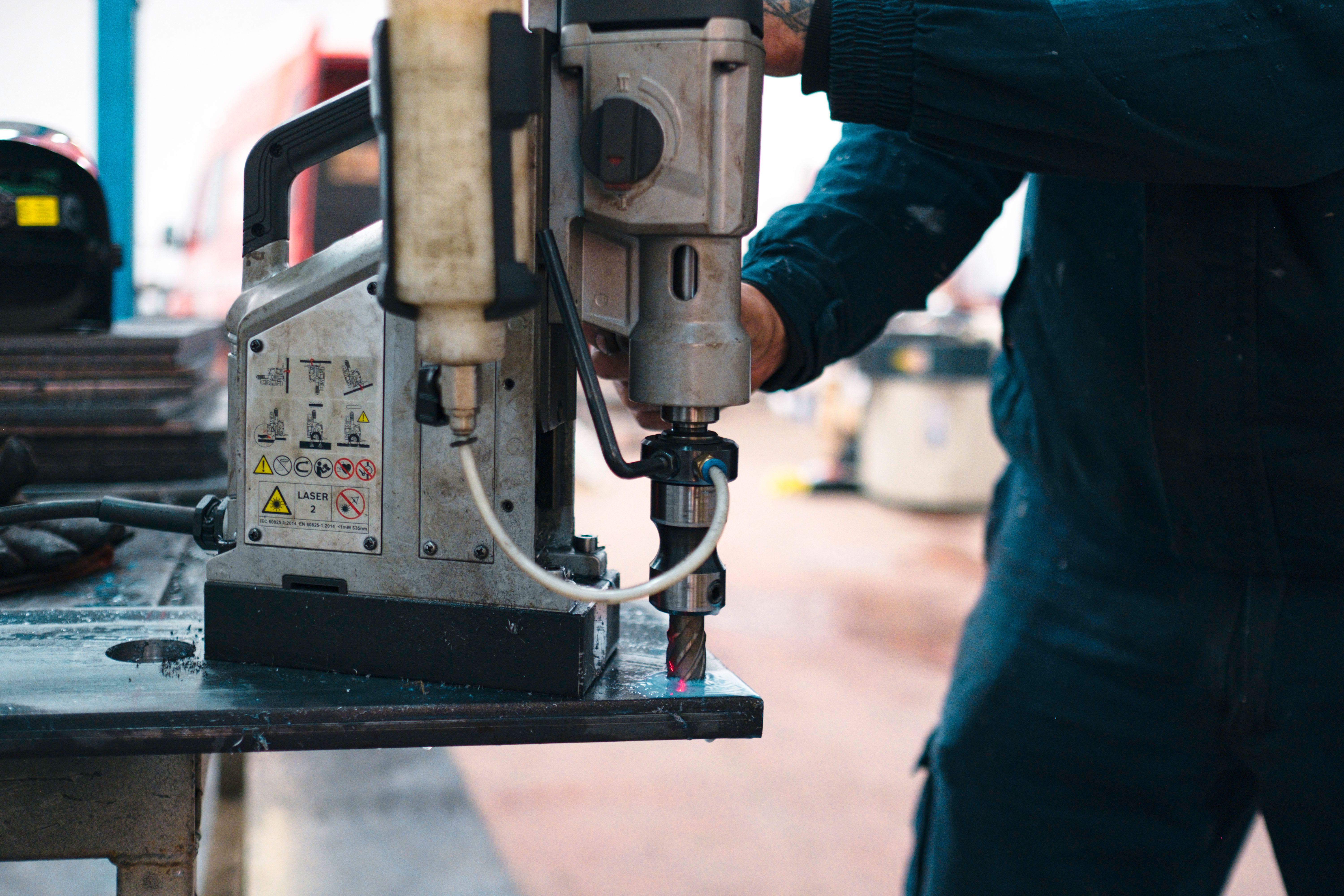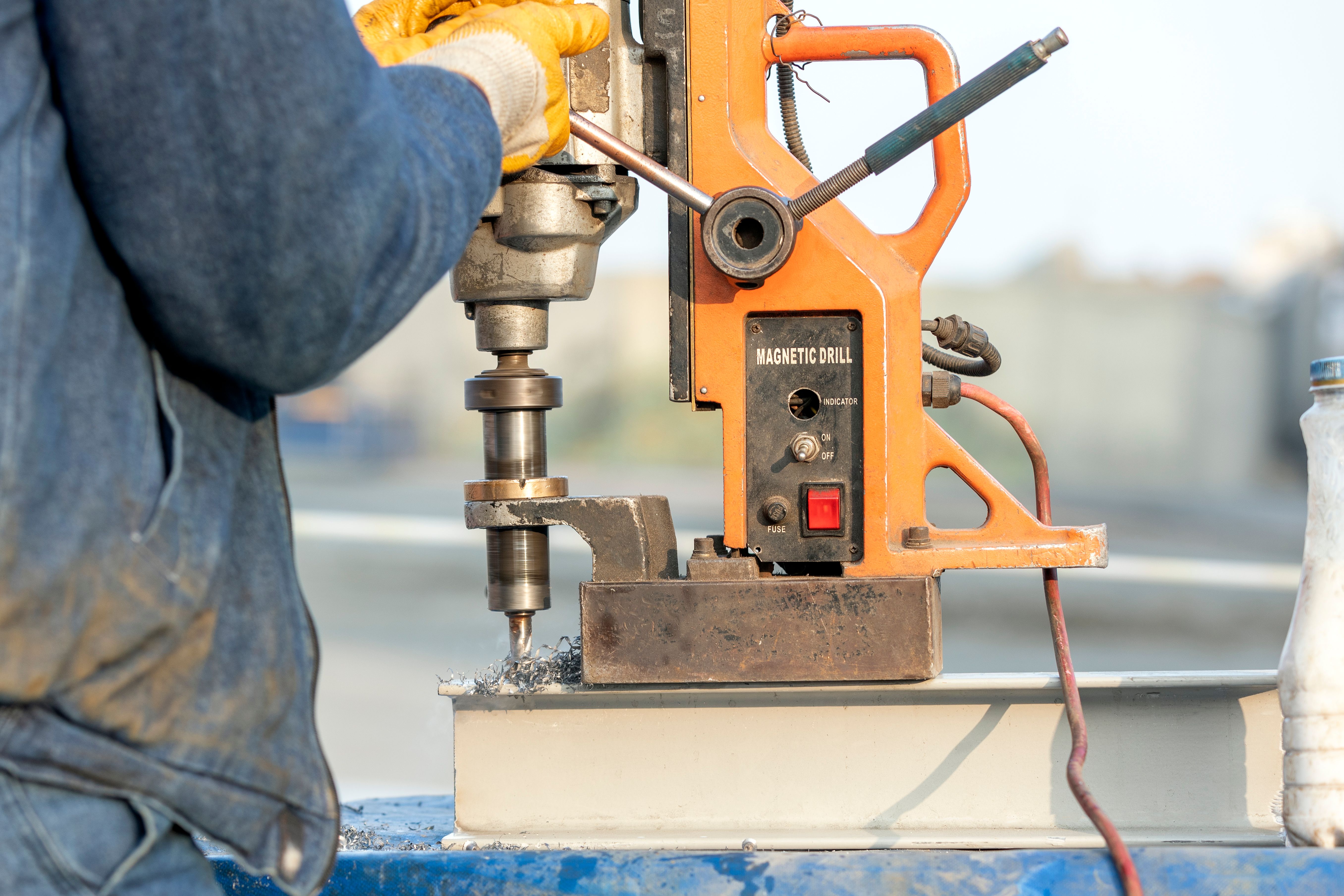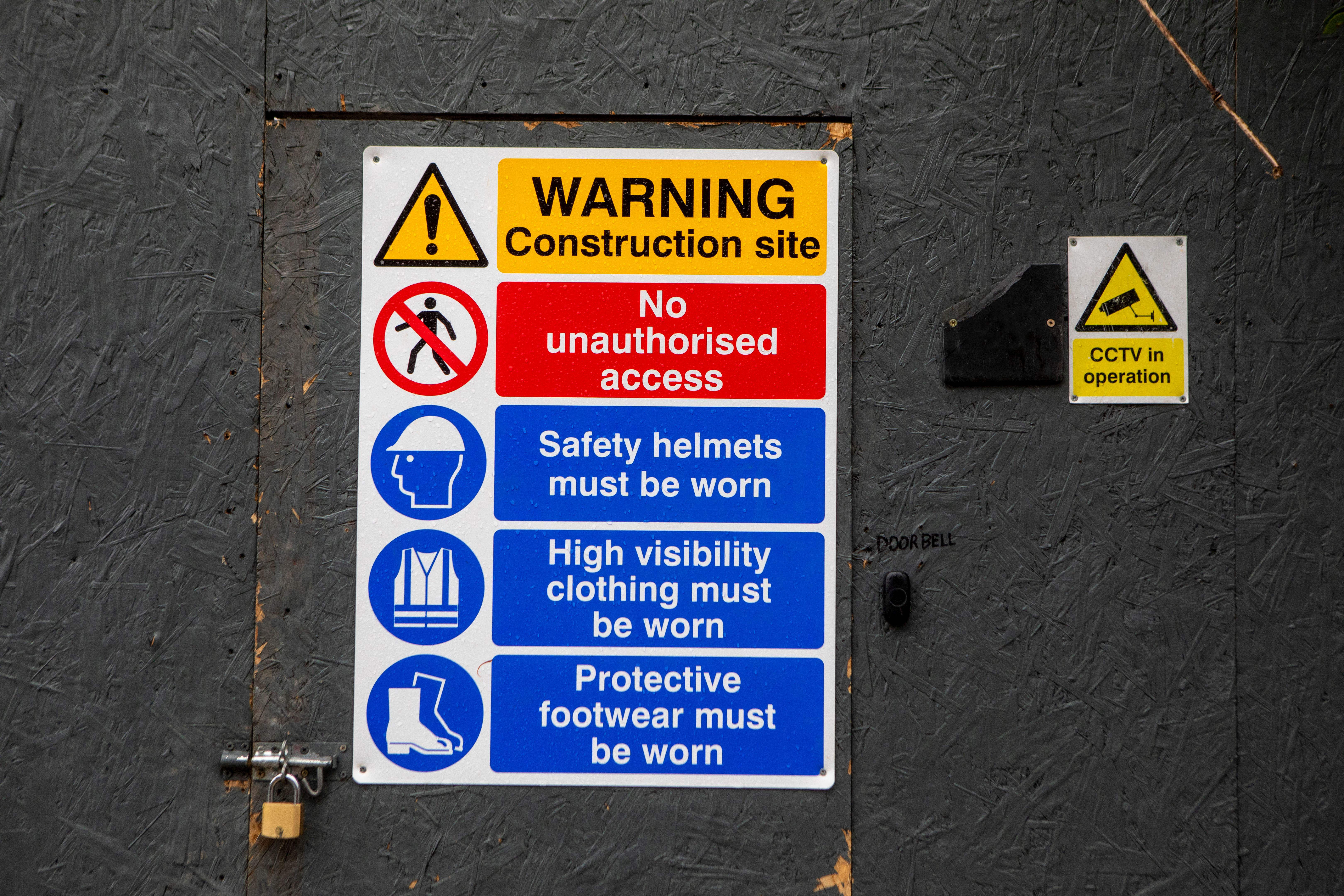Complete Guide to Buying Magnet Drills for Construction Projects
RR
Understanding Magnet Drills
Magnet drills, also known as magnetic base drills, are essential tools in the construction industry, especially for drilling precise holes in metal. These tools use a strong electromagnetic base to adhere to metal surfaces, ensuring stability and accuracy during operation. Whether you're working on a large construction site or a smaller project, choosing the right magnet drill can significantly impact your efficiency and precision.

Key Features to Consider
When selecting a magnet drill, it's crucial to consider several key features to ensure it meets your project needs. Here are some important aspects to evaluate:
- Drill Capacity: Determine the maximum hole diameter the drill can handle. This is essential for projects requiring various hole sizes.
- Power and Speed: Look for a drill with adjustable speed settings and sufficient power to handle tougher materials.
- Weight and Portability: Consider the weight of the drill, especially if you'll be moving it frequently across your worksite.
Types of Magnet Drills
There are several types of magnet drills available, each suited for different applications. Understanding these types will help you make an informed decision:
Portable Magnet Drills
These lightweight drills are ideal for small to medium-sized projects. They offer versatility and ease of use, making them a popular choice for contractors who need to move frequently from one location to another.

Stationary Magnet Drills
For projects requiring high precision and stability, stationary magnet drills are the best choice. They provide a robust and steady platform, allowing for highly accurate drilling on large metal surfaces.
Safety Considerations
Safety should be a top priority when using magnet drills. Here are some safety tips to keep in mind:
- Always wear appropriate personal protective equipment (PPE), including gloves and safety goggles.
- Ensure the magnetic base is securely attached to the metal surface before drilling.
- Regularly inspect the drill and its components for any signs of wear or damage.

Maintenance and Care
Proper maintenance of your magnet drill will extend its lifespan and ensure consistent performance. Here are some maintenance tips:
- Clean the drill regularly to prevent dust and debris buildup.
- Lubricate moving parts to reduce friction and wear.
- Store the drill in a dry, safe place when not in use to prevent moisture damage.
Conclusion
Investing in the right magnet drill for your construction projects can enhance efficiency, precision, and safety. By considering the key features, types, and maintenance practices outlined in this guide, you can make an informed decision that aligns with your project requirements. Whether you're a seasoned professional or new to construction, a quality magnet drill is an invaluable addition to your toolkit.